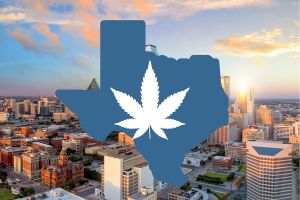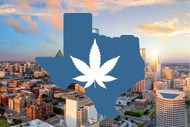Is Hemp Legal in Texas?
Posted by Tweedle Farms on Feb 8th 2021

Overview of Hemp Legality in Texas
Hemp, defined as cannabis containing less than 0.3% THC and frequently known as hemp flower or CBD flower, underwent significant changes in 2018 with the passage of the Farm Bill, legalizing its cultivation, production, and sale at the federal level. However, individual states like Texas implemented their own regulations, shaping the landscape of legality for hemp flower and, more broadly, hemp CBD products within their borders.
Texas Hemp Laws and Regulation
In alignment with federal guidelines, Texas legalized the cultivation of hemp CBD flower, with the Texas Department of Agriculture (TDA) responsible for regulatory oversight. The state, however, maintains strict adherence to the THC threshold, emphasizing that CBD flower and the products made from it must contain less than 0.3% THC to be lawful.
Hemp Flower and Its Legal Status
Hemp flower, encompassing CBD flower and THCA flower, falls within the ambit of Texas laws governing hemp products. Ensuring compliance with the stipulated THC limit is critical for these flowers to be lawfully sold or possessed within the state. Additionally, the TDA mandates specific packaging and labeling requirements for hemp products.
CBD and THCA in Hemp
The rise of CBD, a non-intoxicating compound derived from hemp flower, and THCA, a compound that becomes intoxicating when heated or burned, have garnered attention due to their perceived therapeutic properties. In Texas, CBD legally accepted, provided it originates from hemp flower and adheres to the stringent THC restrictions.
Navigating Challenges and Clarifications
Despite federal legalization, navigating the nuances of state-specific laws poses challenges for businesses and consumers alike. Ensuring products meet the designated THC limits, maintaining accurate labeling, and sourcing from licensed vendors are crucial to avoid legal complications.
Hemp, including hemp flower and its derivatives such as CBD, enjoys legality in Texas under stringent conditions set by the state's Department of Agriculture. Compliance with THC thresholds and adherence to regulatory measures are paramount for businesses and consumers to operate within the bounds of the law.



